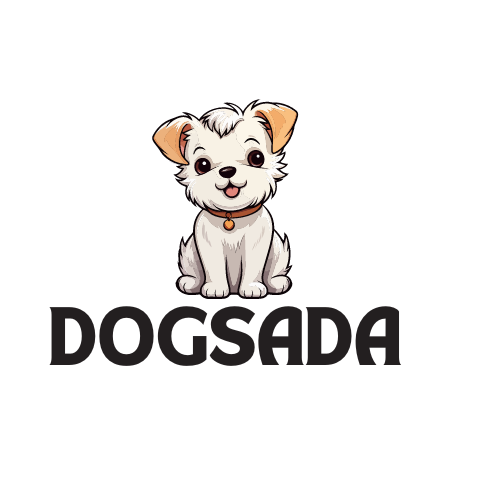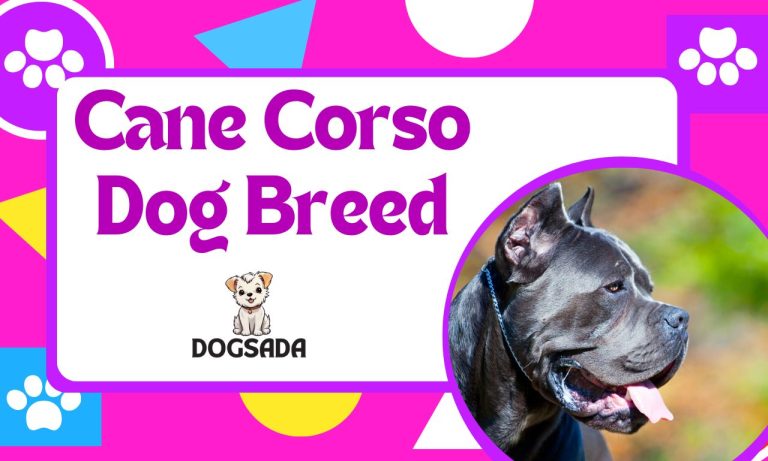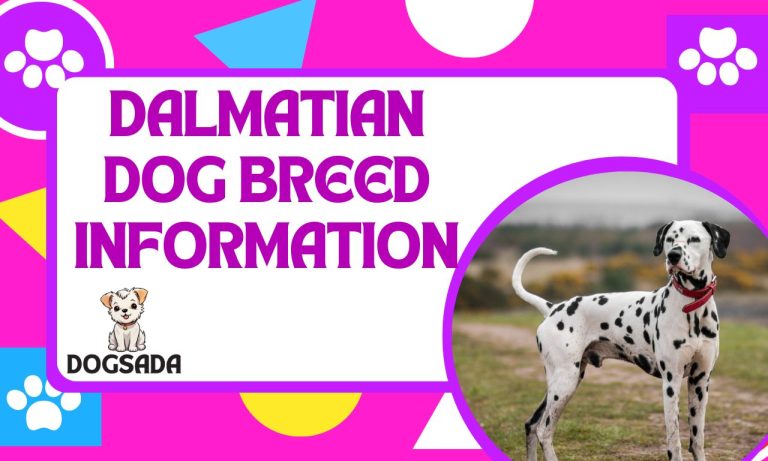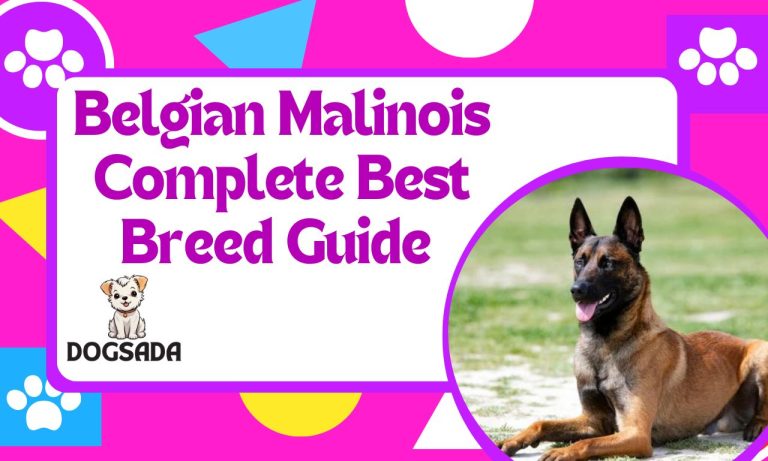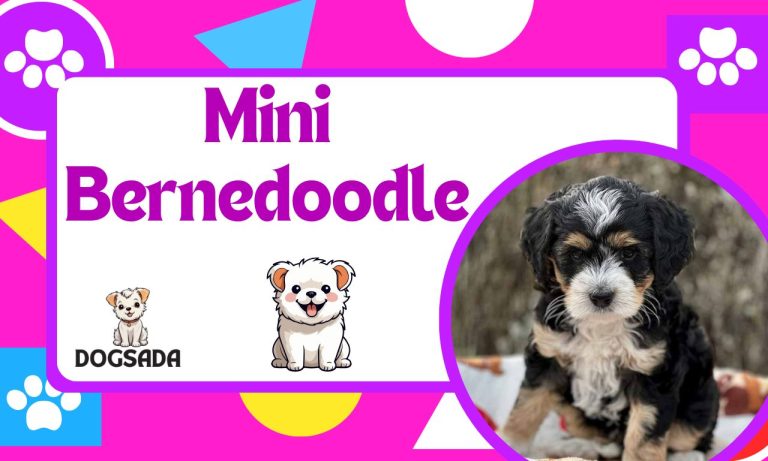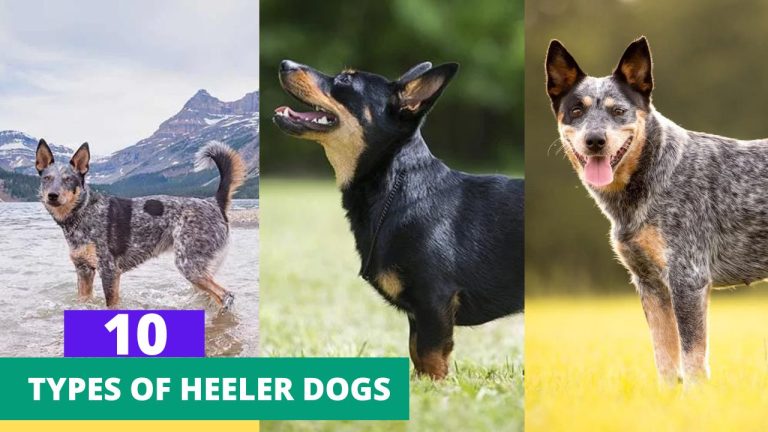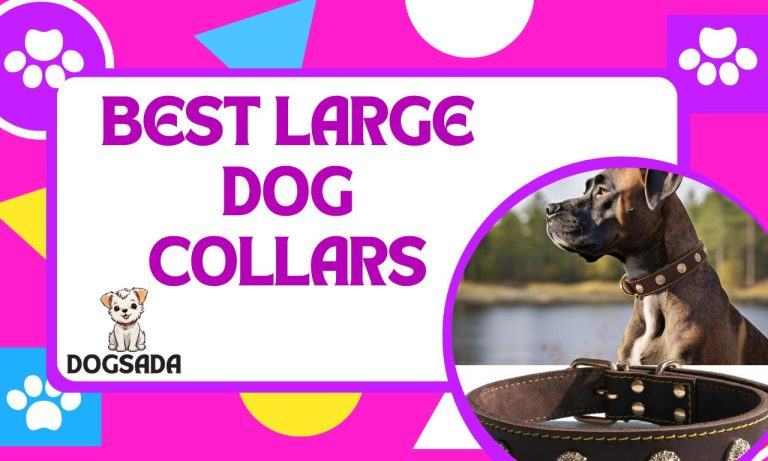Looking for more information regarding Miniature Goldendoodle? Or are you Thinking of buying one for your family? Well, look no further. Our comprehensive guide has got you covered with all the details regarding its health, diet, and grooming. Find out more below!
Miniature Goldendoodle Overview
Miniature Goldendoodles are a crossbreed between a Golden Retriever and a Miniature Poodle.
Although not purebred, they are just one of many Poodle crosses enjoying growing popularity.
This tiny and adorable pup is, without a doubt, a people magnet, thanks to its teddy bear-like face. These dogs are tiny because one of their parents is either a Miniature or a Toy Poodle. This mix is one of the newest pups on the designer dog scene, with breeders creating even smaller versions.
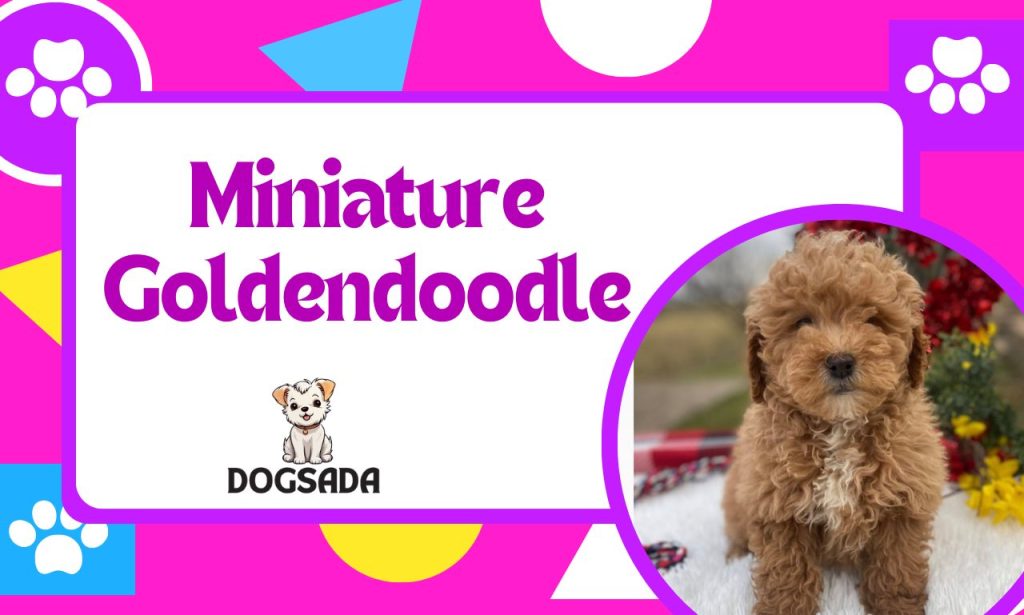
Miniature Goldendoodle Features and Appearance
| Size | 13–20 inches |
| Weight | 15–35 pounds |
| Intelligence | Highly Intelligent |
| Temperament | Loving and loyal, easy to train, gentle, outgoing, playful |
| Lifespan | 10–15 years |
| Coat | Medium long, Slightly dense, Wavy, Hypoallergenic |
| Color | Black, white, silver, brown, blue, red, parti, sable, cream, tan, apricot, merle |
| Easy to Train | 100% |
| Good With Kids | Yes |
| Good With Other Animals | yes |
| Energetic | Moderately Energetic |
Miniature Goldendoodle Origin and History
In the middle of the 1990s, miniature Goldendoodles started to appear. It was bred to have the intellect and coat of a miniature poodle combined with the kind nature of a golden retriever.
The Poodle is a historic breed that originated in Germany as working dogs that helped hunters by recovering ducks.
The Poodle was adored by the French people, who further developed the breed into three sizes: Standard, which was used to retrieve ducks, Miniature, which was used to locate truffles, and Toy, which was used to accompany French Nobility.
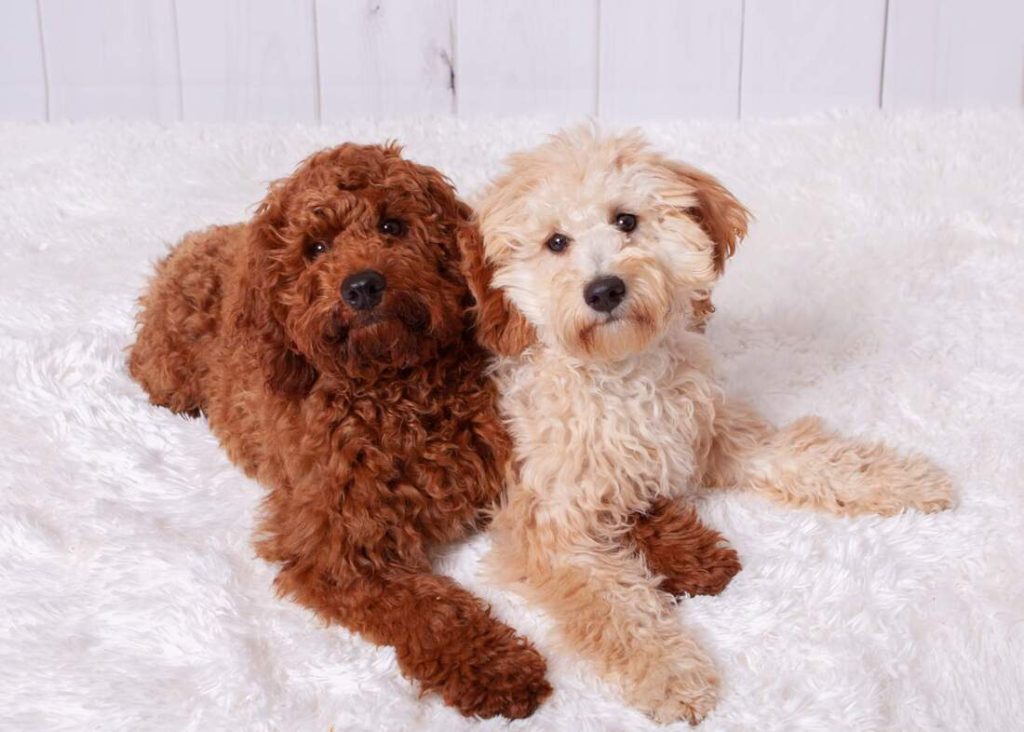
They were also in charge of creating the modern poodle’s iconic hairstyle. This breed has a calm, loving temperament and is easy to teach. The Golden Retriever is a kind, devoted dog that takes instruction well.
This breed’s origins may be traced to Lord Tweedmouth of Scotland in the 19th century, who sought a dog that could be both devoted and watchful while retrieving ducks without endangering them.
It was further refined until 1920 when it was given an official name. Their success has been attributed to their dual roles as devoted companions and working dogs.
The American Kennel Club recognized the Golden Retriever in 1932, and the breed went on to become one of the most well-liked purebreds.
They are renowned for being wonderful family companions who are dedicated to their owners and like kids.
Miniature Goldendoodle Nature
Miniature Goldendoodles are quite friendly and affectionate dogs. They are your best cuddle buddies. They are full of energy and will constantly thrive. You get your attention by goofing around you. They try to please their loved ones and go well along with other pets. These characteristics make Miniature Goldendoodles the perfect family pet. But to keep in mind that as affectionate as these dogs might seem they also have high separation anxiety too.
Miniature Goldendoodle Health Concerns
Being a mixed breed Miniature Goldendoodle is predisposed to all the disorders from both of its parents. We have listed these health concerns for you so you can always be alerted if you see symptoms of any of the following and to take care against these health concerns:
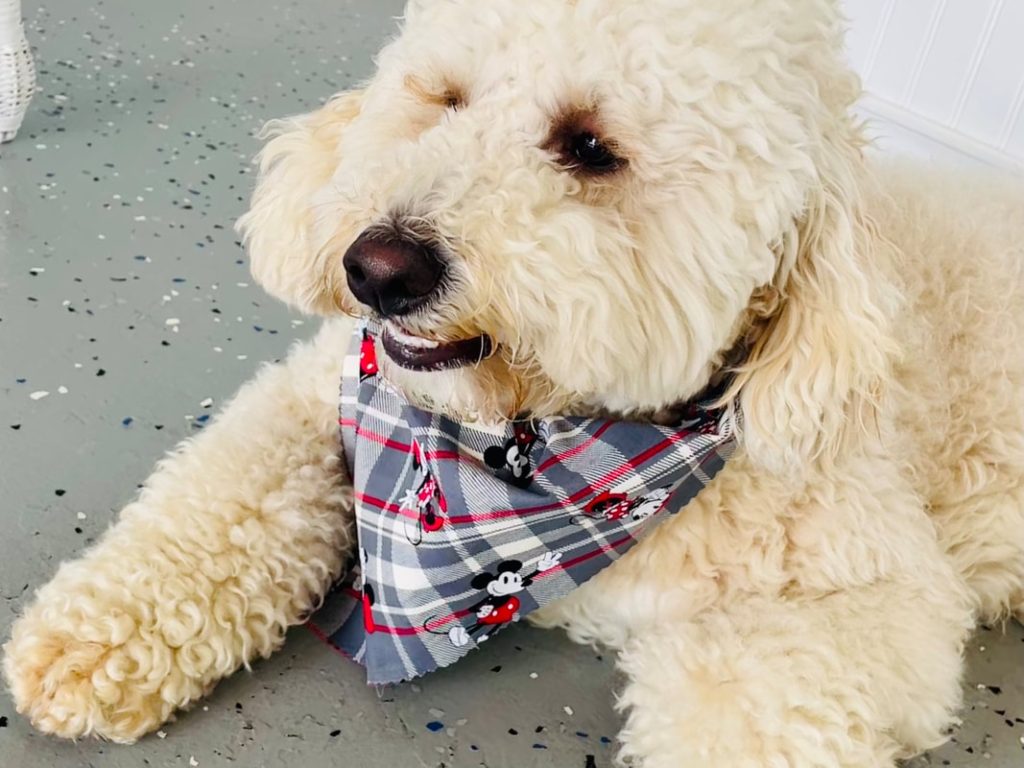
- Hip Dysplasia
- Epilepsy
- Skin Conditions
- Cancer (highest rate of any breed)
- Cataracts
- Ear Infections
- Thyroid Issues
- Patellar Luxation
- Von Willebrand’s Disease
- Hypothyroidism
- Progressive Retinal Atrophy (PRA)
- Gastric Dilation Volvulus (GDV) or Bloat
- Eye Disease (PRA)
- Luxating Patella (loose knees)
Miniature Goldendoodle Health Care
Taking care of these cute pets is quite an easy job. We have made a guideline of all the important things you should be doing to maintain your dog’s optimum health:
1. Exercise:
- A daily walk of 60 mins and light exercise.
- Playing games like fetch and tug of war
- Indoor games including toys
2. Training:
- Basic Obedience Training
- Crate Training
- Potty training.
How to Feed a Miniature Goldendoodle?
Diet is an essential part of your pet’s health care. If the diet is not nutrient rich and not divided into equal parts they can suffer from quite a lot of diseases.
Not to worry as we are here to guide you with the following points:
- Make equal portions of your dog’s diet including fats, carbs, and proteins. Add fibers and nutrient-rich food options into your dog’s diet for optimum health
- Protein should be 20% of the diet
- Give your Miniature Goldendoodle around 2.5 cups of dry food each day.
Miniature Goldendoodle Grooming
Grooming your dog is very important and it varies from each breed. Every dog has its grooming according to its coat and health.
We have gathered all the information on how you can groom your Miniature Goldendoodle without a hassle:
- Brushing: Brushing should be done at least every day
- Trimming and grooming: Every 2 months
- Nails: Nail trimming every month by professional
- Ears: ear cleaning is only done if required.
- Baths: Depends but a general rule is every 4-8 weeks.
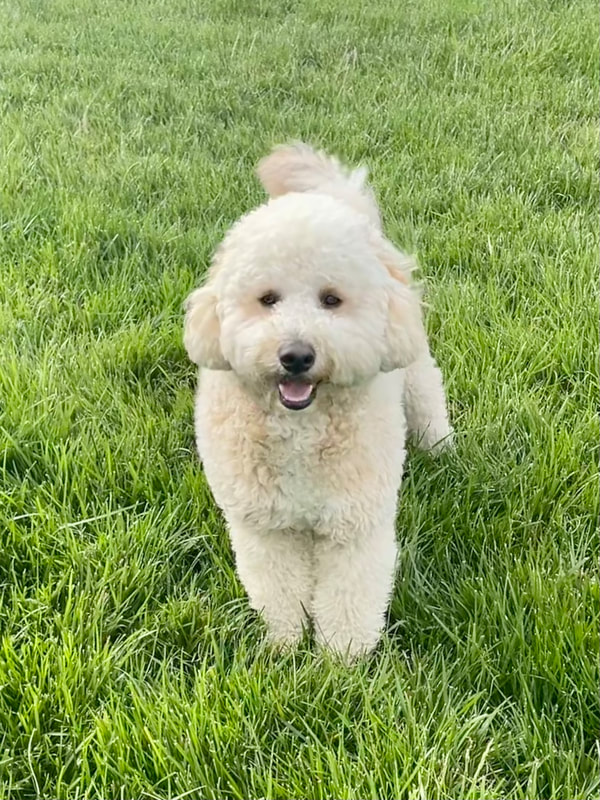
Miniature Goldendoodle Price
The price of buying a Miniature Goldendoodle is quite high. Miniature Goldendoodle puppies from a reputable breeder are $1,500, although this can be up to $3,000.
read also Can Dogs Eat Pumpernickel Bread?
Miniature Goldendoodle interaction with kids and other pets
Miniature Goldendoodles are amazing family pets. They are incredibly loving and affectionate. They are a standard when it comes to family dogs. They are quite energetic and loving. They strive to make their loved ones happy.
These dogs are amazing with kids and love to socialize. As far as the interactions with animals. Miniature Goldendoodles are great at interacting with other pets too as they are loving and accepting dogs.
Miniature Goldendoodle Service dogs
Due to their friendly, social, and highly intelligent abilities, Miniature Goldendoodles make amazing service dogs. These dogs can easily go under Canine Good Citizen and Therapy Dogs International Inc. training. Keep in mind training for service dogs is to be done by a professional as it is quite extensive.
Miniature Goldendoodle Types
Miniature Goldendoodles come in a lot of types. The reason is because of the mixed breeding of two different dogs the reproduced pups have different percentages of genes inherited from their parents. Let us discuss it below in detail:
- F1 Miniature Goldendoodle
- F1B Miniature Goldendoodles
- F2 Miniature Goldendoodles
- F2B Miniature Goldendoodles
- F2BB Miniature Goldendoodles
- F3 Miniature Goldendoodles
- F1 Miniature Goldendoodle
● The first-generation mix of the Golden Retriever and MiniaturePoodle breeds. This makes the F1 MiniatureDoodle 50% Golden Retriever and 50% Miniature Poodle.
● Shedding factor: Most are non-shedding but some can shed just as heavy as a Golden Retriever.
● Allergy: Perfect for families with mild allergies but should be avoided for those with severe allergies.
● Coat: Soft coat that can grow 3 to 5 inches. It can be curly or wavy, though there are some F1 MiniatureDoodles with straight coats.
● Outbreeding enhancement: Yes
● Grooming: Moderate to high maintenance (regular brushing, trimming, combing, bathing, etc.).
read also The Ultimate Guide to Golden Shepherd
- F1B Miniature Goldendoodle
● (25% Golden Retriever and 75% Miniature Poodle)
● Shedding factor: Most do not shed fur or are low-shedding.
● Allergy: Low chance of causing potential allergies, although some shed a little fur occasionally.
● Coat: Varies depending on parentage. If it has more Poodle genes, then its coat can be curly or wavy. Its coat length can grow over 3 to 5 inches.
● Outbreeding enhancement: Yes, but it’s not a lot.
● Grooming: Moderate to high maintenance. - F2 Miniature Goldendoodle
● It is a cross between two F1 Miniature Goldendoodle parents. This generational breed is 50% Poodle and 50% Golden Retriever.
● Shedding factor: Low to non-shedding.
● Allergy: Its coat is very hypoallergenic so there’s a low chance of allergies.
● Coat: Varies but this generation tends to be curly or wavy fur. Its coat length grows over 3 inches.
● Outbreeding enhancement: Yes, but as much as F1 Miniature Goldendoodles.
● Grooming: Moderate to high-maintenance grooming is needed.
- F2B Miniature Goldendoodle
● (37.5% Golden Retriever and 62.5% Miniature Poodle)
● Shedding factor: Mostly low to non-shedding.
● Allergy: Not likely to cause allergies for those with mild or moderate allergies.
● Coat: Varies but it is usually curly or wavy.
● Outbreeding enhancement: Some, but it’s low.
● Grooming: Moderate to high-maintenance grooming is needed. - F2BB Miniature Goldendoodle
● (18.75% Golden Retriever and 81.25% MiniaturePoodle)
● Shedding factor: Little to no shedding.
● Allergy: They have a very low chance of causing allergic reactions, but some F2BB Doodle puppies may shed some hair every month.
● Coat: Varies but it’s mostly curly or wavy.
● Outbreeding enhancement: Not very much.
● Grooming: Moderate to high. - F3 Miniature Goldendoodles
● They are a cross between two F2 Miniature Goldendoodles. This makes this generational cross 50% MiniaturePoodle and 50% Golden Retriever.
● Shedding factor: low-shedding.
● Allergy: Depends on genetic makeup.
● Coat: Can vary between straight, wavy, or curly.
● Outbreeding enhancement: No.
● Grooming: Moderate to high.
read also How Long Does it Take for Puppies to Open Their Eyes?
Notes:
- F stands for Foloal hybrid which means it comes from 2 purebred dogs
- The Number indicates the generation of your dog
- B stands for backcross which means that a Miniature Goldendoodle bred back with a poodle to improve its next generation.
FAQs
Q: Which little goldendoodle breeders are the best?
The top Miniature Goldendoodle breeders are little, knowledgeable, and concerned about their babies’ health and welfare. Our dedication to and experience with this breed is evident in our puppies.
Q: Which little goldendoodle is better, a male or female?
Neither; in the Miniature Goldendoodle breed, the only significant distinction between genders is size. For further information, see our Male vs. Female page.
Q: What distinguishes F1b Miniature Goldendoodles from F1?
First-generation hybrids with equal parts golden retrievers and Miniature Poodles are called F1 Miniature Goldendoodles. The first generation backcross, or F1b Miniature Goldendoodles, is a breed that is 25% golden retriever and 75% Miniature Poodle.
Q: What is a small goldendoodle that is multigen?
A multigen Miniature Goldendoodle is a wide variety of Miniature Goldendoodle crosses spanning several generations. Knowing the genetics and the purpose of a multigen cross is crucial. We describe the aforementioned multigen type procedure.
Conclusion
Any home blessed to have these dogs in it is fortunate to have them since they are adorable, devoted, energetic, and gregarious. They are a pleasure to be around and make excellent companions for practically any situation.
You’ve found the ideal dog if you’re searching for a Miniature Goldendoodle, who has a personality 10 times bigger than its size and requires little upkeep and training.
